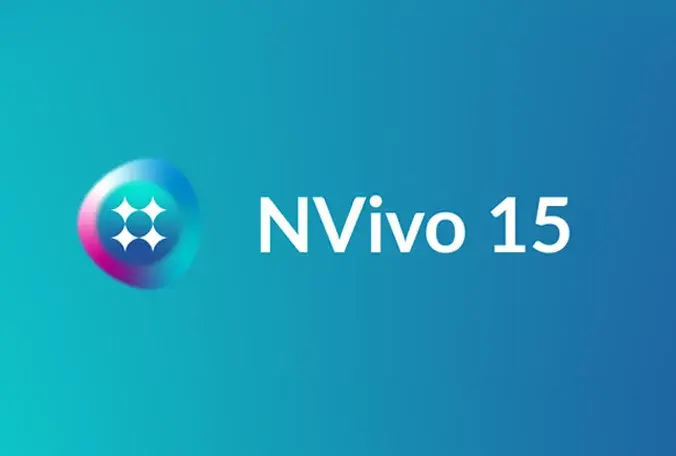Data Security in Academic Research Transcription: Meeting HIPAA Compliance
- Matt West
- Mar 19, 2025
- 3 min read
Updated: Jul 22, 2025
If you're doing academic research that involves interviews, focus groups, or patient narratives, chances are you're sitting on some seriously sensitive data. And when that data involves personal health info, keeping it secure isn’t just a good idea, it’s a must. That’s where HIPAA compliance comes in, and why choosing the right transcription partner matters.
Let’s talk about what HIPAA means for academic research transcription, why it’s more than just legal fine print, and how to keep your data safe from start to finish.

Why HIPAA and IRB-Approved Transcription Services Matter
HIPAA, the Health Insurance Portability and Accountability Act, sets the rules in the U.S. for protecting health information. While most people think of HIPAA in hospitals or clinics, it also applies to researchers working with what's called Protected Health Information (PHI).
PHI is anything that connects a person to their health data. That could be:
Recordings of patient interviews
Transcripts from mental health sessions
Medical histories shared in a study
Even indirect identifiers when linked to health info
If your study is connected to a hospital, funded by a health org, or just happens to collect health-related data, you need to think HIPAA. And that includes your transcription process.
Why Transcription Is a Critical Point for Data Security
You might not think of transcription as risky, but it's actually one of the easiest places for sensitive data to slip through the cracks. Think about it: someone is taking your raw, unfiltered audio and turning it into a document. If that step isn’t handled carefully, it could lead to:
Accidental data leaks
Unauthorized access
Loss of participant trust
And if your transcription service uses AI that trains on your files? That’s a huge red flag.
Related: The Ethics of AI in Academic Research Transcription: Balancing Accuracy, Integrity, and Security
HIPAA Requirements for Transcription Services for Academic Research
If you’re handling PHI, your transcription partner must meet specific standards. Here’s what you should expect:
Business Associate Agreement (BAA)
A signed BAA is non-negotiable. It’s the legal document that confirms your transcription provider follows HIPAA rules.
Encrypted File Transfers
No emailing MP3s. All files should be uploaded and downloaded through secure, encrypted systems.
Secure Data Storage
Your transcripts and recordings should live on secure servers with limited, logged access.
Staff Confidentiality
Everyone handling your data should be trained, vetted, and working under confidentiality agreements.
No AI Training or Data Sharing
Your files should never be used to improve someone’s language model. Period.
Audit Trails
You should be able to track who accessed your data and when.
If even one of these boxes isn’t checked, you could be facing IRB pushback or worse, non-compliance.
What to Look for in a Secure Transcription Partner
Choosing a transcription service for academic research isn’t just about speed or cost. It’s about trust. Here’s what secure, IRB-approved transcription services should offer:
Human transcription only (no AI shortcuts)
Fully encrypted uploads and downloads
US-based or GDPR-compliant servers
Clear, written confidentiality agreements
Willingness to sign a BAA
Transparency on how your data is handled
How Qualtranscribe Keeps Your Research Compliant and Confidential
At Qualtranscribe, we understand the responsibility that comes with handling sensitive academic data. We work with top-tier institutions like Johns Hopkins Medicine and Washington University in St. Louis, so we know what IRB-approved transcription services require.
Here’s what we bring to the table:
100% Human Transcription: Every word is transcribed by a trained professional. No bots, no shortcuts.
HIPAA and IRB Ready: We offer BAAs and follow all required privacy and data security protocols.
Secure Portals: Your audio and transcripts move through encrypted channels, not email.
Confidentiality-First Culture: Every team member signs an NDA and is trained in handling PHI.
Academic Discounts: We believe in supporting research, so we keep our pricing fair and transparent.
Whether you're working on a public health study, medical research, or patient interviews, we’ve got you covered.
Final Thoughts: Protecting Participants Means Protecting Their Data
In academic research, ethics go hand in hand with data handling. If you’re collecting health-related information, securing your transcription process isn’t optional. It’s part of your responsibility as a researcher.
Qualtranscribe makes sure your words and your data are in safe hands. We help you stay compliant, ethical, and focused on what matters: meaningful research that makes a difference.
Reach out today to learn more about our HIPAA-compliant transcription services for academic research.
Learn more: Explore Our Academic Transcription Services



